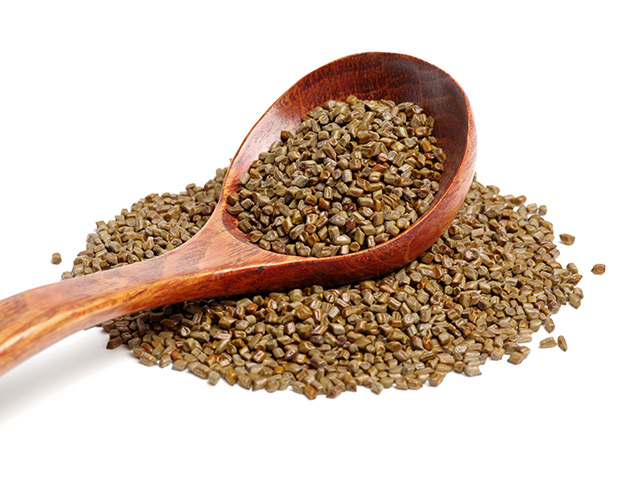Do you know HOW to change your diet? Nutritional coaching found to be effective at helping type-2 diabetes patients improve dietary habits
12/07/2017 / By Russel Davis

Following an online nutritional coaching intervention may help improve dietary habits and blood glucose control in patients with type-2 diabetes and abdominal obesity, recent research shows. French scientists examined up to 120 overweight type-2 diabetes patients aged 17 to 75 years old as part of the study. The volunteers were divided into two groups: one following an automated online coaching program, and a control group that adhered to standard nutrition advice.
The research team also monitored the participants’ dietary changes and glycosylated hemoglobin or HbA1c levels. The findings revealed that the diet index increased significantly in the online coaching group compared with the controls. Likewise, the results showed that participants in the online coaching group consumed less fat, saturated fat, sodium and empty calories. Moreover, 26 percent of participants in the nutritional coaching group lost five percent of their initial weight, compared with a measly four percent in the control group.
“Among patients with T2DM and abdominal obesity, the use of a fully automated Web-based program resulted in a significant improvement in dietary habits and favorable clinical and laboratory changes. The sustainability of these effects remains to be determined,” the researchers conclude in the Journal of Medical Internet Research online.
Nutrition coaching also shows significant efficacy in other studies
A study published in July 2016 reveals that following a structured nutritional therapy may boost disease management in patients with diabetes. Health experts at the Joslin Diabetes Center in Boston examined 108 overweight and obese adults with uncontrolled type-2 diabetes as part of research. The researchers also examined the effects of three diet interventions — traditional treatment, structured meal plan alone and structured meal plan plus weekly phone coaching — on specific diabetes markers including A1C, body weight, lipid profile and blood pressure.
The research team observed that A1C did not improve following traditional nutrition therapy. However, the scientists noted that the A1C significantly decreased after adhering to a structured meal plan either alone or with coaching. The health experts also stressed that participants who followed the structured meal plan approach have exhibited significant weight loss compared with those in the traditional intervention group. (Related: Solutions for diabetes: A LIVE, plant-based nutritional program that effectively balances blood sugar.)
“This drop in A1C due to nutrition therapy alone is much better than what we have been able to achieve with many of the current medications for type-2 diabetes. This is very encouraging since participants in the study have lived with type-2 diabetes for more than 10 years and were not able to control their blood glucose or weight with multiple medications. It was surprising to see all these significant changes in A1C and body weight without altering medications or activity level and without aiming for weight reduction, [which] tells us that nutrition therapy can be as effective as medications even after a long duration of the disease,” lead researcher Osama Hamdy states in a Science Daily report.
The findings were presented at the American Diabetes Association‘s 76th Scientific Sessions in New Orleans, Louisiana.
Another pilot study released in December 2016 has also shown that women who enrolled and completed a personalized, online and multi-platform nutrition coaching program displayed better blood pressure and blood chemistry values than those who did not complete the program. Likewise, those who completed the nutrition coaching intervention trimmed more inches off their waist line compared with non-completers who ended up having much higher baseline weight, fat mass, and muscle mass after the study period.
“Participation in the web-based multi-platform nutrition, exercise, and lifestyle coaching program for weight management, can support middle-aged women in experiencing significant weight loss and reducing disease-related risk factors. Thus, this intervention may be a viable treatment option for individuals who are seeking support with weight management and who have similar characteristics to those in this pilot study,” the researchers report in Science Direct online.
Sources include:
Tagged Under:




















